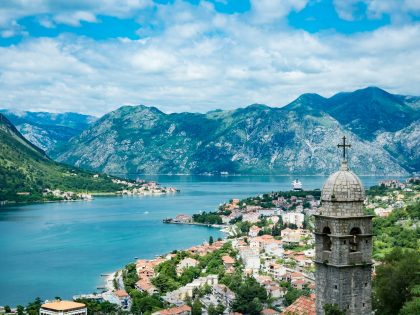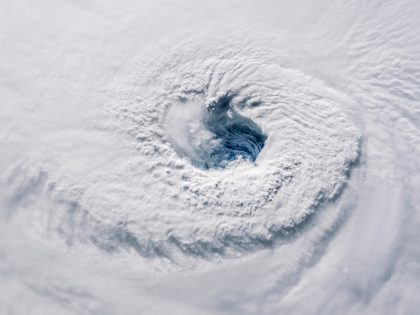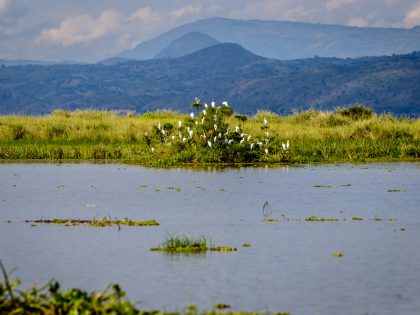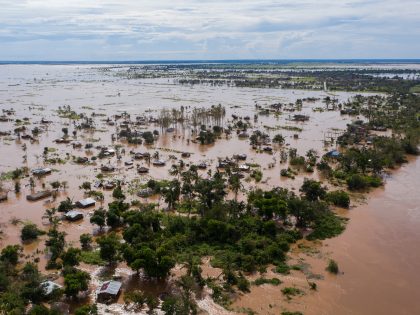
Paying for citizenship
What began as a revenue lifeline for small island states has become a global market where the wealthy buy mobility and sovereignty itself becomes a commodity.

What began as a revenue lifeline for small island states has become a global market where the wealthy buy mobility and sovereignty itself becomes a commodity.

Africa’s first G20 presidency could mark a turning point for the continent—or simply another performance of green-washed extraction led by mining elites.

Hurricane Melissa made clear what COP30 obscures: the climate crisis still follows the lines of empire.

Behind the fanfare of the Africa Climate Summit, the East African Crude Oil Pipeline shows how neocolonial extraction still drives Africa’s energy future.

A Johannesburg-Cape Town high-speed line could turn apartheid’s corridors of extraction into a green spine of connection, industry, and justice.

As Mozambique faces escalating climate disasters, it is shut out of the very funds meant to protect it.

Development agendas framed around “resilience” promise empowerment but often reproduce colonial power dynamics in the guise of climate adaptation.

The EU’s hydrogen push in North Africa is sold as climate progress, but beneath the green gloss lies a familiar story of extraction, debt, and dispossession.

Grassroots activists and marine scientists in Algeria are building artificial reefs to restore biodiversity and sustain fishing communities, but scaling up requires more than passion—it needs institutional support and political will.

Shell's so-called divestment from Nigeria’s Niger Delta is a calculated move to evade accountability, leaving behind both environmental and economic devastation.

At Africa Energy Week, the language of resource sovereignty disguised a new form of climate denial that appropriates progressive rhetoric in service of fossil fuel companies.

South Africa’s pivot to electricity markets will be socially regressive, whether green or not.

A proposed green hydrogen project in Tunisia prioritizes European energy needs over local sovereignty.

Days before mass protests broke out across Kenya, the national government enacted a mass, unjustified forced removal campaign across Nairobi.

Since independence, Botswana has relied on its natural resources. But to secure its future, it needs to turn to its cultural heritage too.

For some years now, the people of Eastlands in Nairobi have been remaking the city in their own image of green development.

With regional and global powers keen to take advantage of the DRC’s mineral wealth, it is hard to see how things can get better for the country in the short and medium term.

Although little evidence suggests a direct link between climate change and mass migration, Europe is using “climate migration” to militarize its borders.

Load-shedding, deepening privatization, and unaffordable electricity makes it difficult to imagine a pivot away from the neoliberal approach to South Africa’s climate crisis.

A new book shows how Europe is using the energy transition to exploit and under-develop the Arab world.